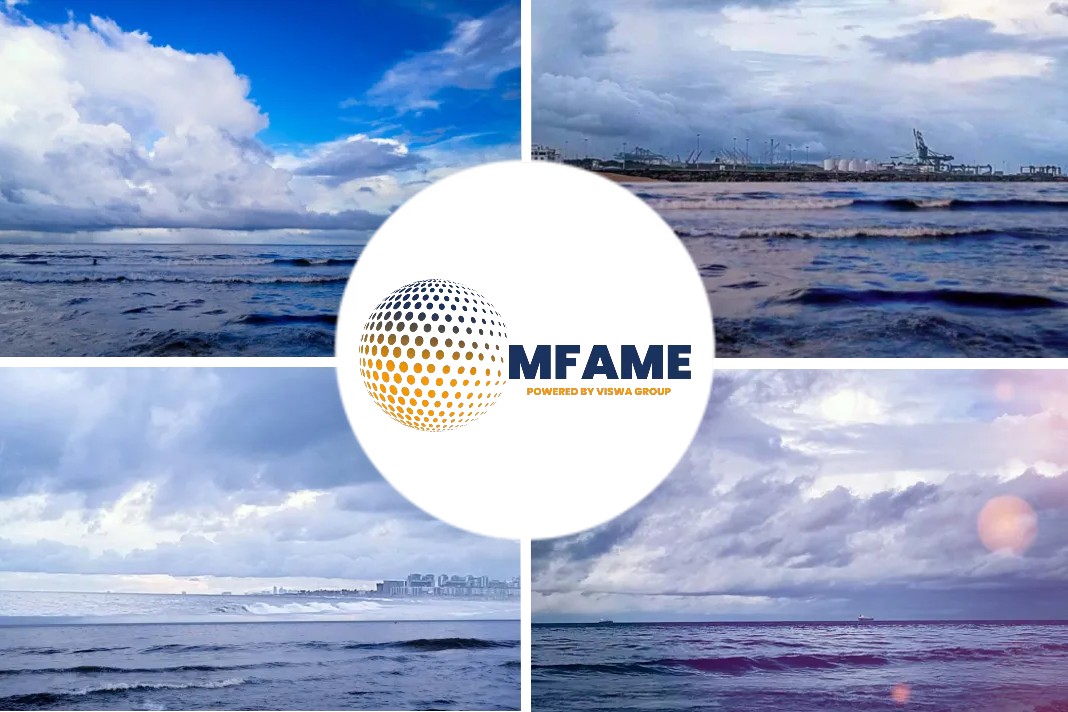
Ahead of the International Maritime Organization’s (IMO) 80th Marine Environment Protection Committee (MEPC 80), industry association SEA-LNG calls on the IMO to regulate all greenhouse gas (GHG) emissions from shipping, including carbon dioxide, methane, and nitrous oxide on a full lifecycle, Well-to-Wake, basis, reports SEA-LNG.
Paris Climate Agreement targets
At MEPC 80, the IMO is set to revise its Initial Strategy on the Reduction of Greenhouse Gas Emissions from Ships. The revised strategy will contain concrete GHG reduction targets for the sector and is expected to outline a basket of technical and economic measures to be developed to set global shipping on an ambitious path towards aligning with Paris Climate Agreement targets.
As explained, methane emissions associated with the use of LNG as a marine fuel, in particular methane slip in engine combustion cycles, is a topic that has the maritime industry’s complete attention. The industry has made great strides to reduce methane slip on a voluntary basis. Engine technologies already exist with virtually no methane slip, and for those low-pressure engines where it remains an issue, continuing innovations by engine manufacturers have resulted in levels of methane slip falling four-fold over the past 20 years.
Global Methane Pledge
Further, specific programmes have recently been set up with the aim of addressing methane slip, such as the Methane Abatement in Maritime Innovation Initiative (MAMII) and the Green Ray project. Furthermore, upstream emissions of methane are being addressed by a number of United Nations (UN) and industry initiatives. The highest profile of these is the Global Methane Pledge (GMP), launched at COP26 in November 2021 to catalyse action to reduce methane emissions.
Finally, in addressing GHG emissions, the IMO should continue with its current approach and resist picking technology ‘winners’. Regulations should be goal based and technology neutral and coherence should be sought with the Fit for 55 package of regulations currently being developed under the European Green Deal. The maritime sector cannot risk the emergence of a fragmented patchwork of global and regional regulations which could create confusion, conflicting incentives and ultimately, delay.
Did you subscribe to our Newsletter?
It’s Free! Click here to Subscribe!
Source: SEA-LNG















